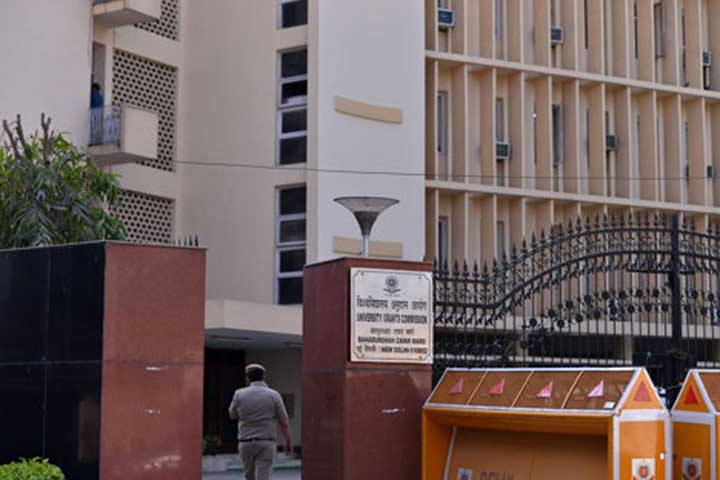Former Delhi University vice-chancellor Dinesh Singh on Thursday said an education policy should neither “restrict too much” nor “prescribe too much” and underscored that bodies like the UGC should be “enablers” rather than regulators.
“Whenever we discuss about higher education, there is always a mention of our ancient universities like Nalanda, Takshashila, Vikramshila universities. Abroad, we talk about Harvard, Yale, MIT, Cambridge universities.
“When I delved deeper, I could not find that there was any education policy under which our ancient universities were established. I tried to find whether there was a policy under which the foreign universities abroad were formed but I could not find it. I am surprised why we are so fascinated by it,” he said.
Singh was speaking at an event organised by the internal quality assurance cell of the Atma Ram Sanatan Dharma College to discuss the National Education Policy (NEP). Later, speaking to this newspaper on the phone, Singh elaborated on some of the points of his speech.
The former DU VC said the formulation of policies reflected a “Leftist and socialist” mindset and there is a fascination with forming policies.
Apart from God, nobody knows what is going to happen and thinking about the future and framing policies without knowing about how the circumstances would be at that time is something he does not agree with, he said.
“When Dr Kasturirangan asked me for a review, I told him, ‘Sir, I do not agree with education policy because I do not believe in framing of policies. There are some simple things that we can adopt and they can improve the situation’,” he said.
Singh is a reviewer of the NEP. He was at loggerheads with the government during his tenure as DU VC over the introduction of the four-year undergraduate programme which was subsequently scrapped.
The NEP has recommended the four-year undergraduate degree programme, five years after it was scrapped.
Singh hoped that the NEP will free educational institutes from regulations.
“We use the word regulator for the University Grants Commission (UGC). Rather, it should be an enabler. I hope that the education policy will free us from the numerous regulations that are in place,” he said.
Later, in response to questions from The Telegraph, Singh said he was not questioning the education policy but was against any “restrictive and prescriptive” education policy.
“I am not against education policy. My view is that if we do have a policy, it should not restrict too much and it should not prescribe too much. If a policy prescribes too much, the universities will have very little choices on academic issues,” he said.
“All institutions will look like each other. But there should be flexibility. Some institutions may want to focus on under-graduate studies, some may focus on application based programmes and some may like to specialise on interplay between humanities and technology,” Singh said.
He said the universities in the US and the UK have prospered despite not having any policy. All of them enjoy flexibility.
“There are many things that I welcome in the draft NEP. It lays good emphasis on undergraduate education which is very welcome. My observation today was that we should not rely or expect too much from a policy.”
“We have to have a careful plan for implementing it and it is very important to find good capable individuals to run our universities and colleges,” Singh said.
He also tweeted: “Just spoke on the New Education Policy at India’s highly ranked ARSD College. All we need is to learn a little from our past; a little from Gandhi and a little from the real world: Hands on, project based-trans-disciplinary learning connected to the nation’s challenges.”











